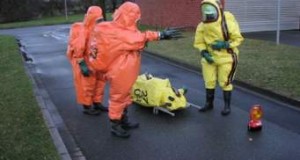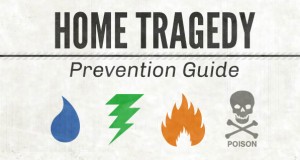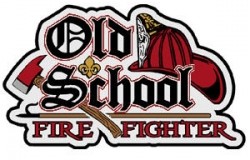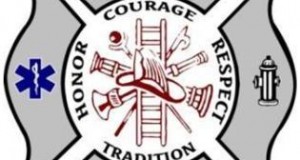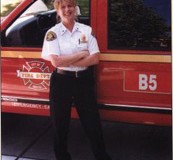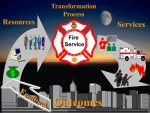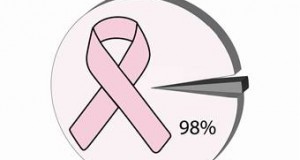When viewed "side by side", the way we conduct interior structural firefighting operations is completely at odds with how we are required to approach a hazardous materials incident. Why is that? How does OSHA allow it?
Read More »Thought Leadership
Fire Service Culture Defined
“It is my theory that much like the aviation industry [which significantly reduced airline crashes through better technology including flight simulators] we [the fire service] have reached pretty far with technology [improvements]. If we are going to reduce injuries and deaths further it will be through the use of psychology. We need to work on things like Crew Resource Management, decision-making, and perception."
Read More »Fire + No Working Smoke Alarm in Your Home = You’ll Die
It’s time we in the fire service quit being so polite to people about the deadly threat that fire poses to them, their families, and their communities. It’s time to stop “suggesting” that it’s a good idea to have a working smoke detector on every level of their home. Time to stop “making excuses” for the dead following a preventable fire where no working smoke detectors were present. And it’s time to stop making excuses for parents who manage to get out of a burning home, but their children do not because the parents never had or practiced a Home Fire Escape Plan with their children.
Read More »Stop Romanticizing Firefighting!
Until we stop romanticizing the job of a firefighter with “how it used to be”, we will never get the current and future generations of firefighters to understand—really understand and take it to heart—that when you look at the facts, the vast majority of risks in the business of firefighting should have gone the way of the dodo bird.
Read More »Open Letter to Members of Cutting Edge County Fire and EMS
However, there have been several events in the recent past that have caused me to question just how much of a family we really are. When CECFEMS Recruit School #22 graduated this past summer, more than half the seats in the auditorium were empty. Sure, joyous family members of the graduates were there along with most of the on-duty Training Division staff. Missing, however, were members from the shifts and stations where those people, our newest members, would be reporting in a few days to join “the family.”
Read More »Approachability—A Key Officer Characteristic
Approachability is a key leadership characteristic, but one that few leaders actively work to develop. Learn more about how to become more approachable as a Fire and EMS officer, or for that matter, anyone who leads, guides and directs people in accomplishing a mission.
Read More »The Genesis of a Fire Service Leader Network
With my acceptance into the program, I joined a cohort of 21 other members who are newly appointed fire chiefs and aspiring fire chiefs from around the nation. Before our first session in May, retired Fire Chief Mary Beth Michos, the coordinator for FSEDI, sent out biographies of each cohort member. As I read through the other 21 biographies, I was “floored”, awed, daunted, and honored. Impressive is an understatement for the biographies. I fumble to find the right word to describe the group of individuals I was reading about: remarkable, inspiring, extraordinary, amazing… No pressure.
Read More »The Multi-Hazard Fire Department
The fire service needs to market its service as an insurance company does. The fire service provides services to its community that one never wants to call on, like insurance, but can't afford to be without when needed, also like insurance. This is not marketed enough. How many of people live without several insurance policies, e.g., life, health, auto, etc.? None. Yet fire departments in communities across the country are facing dire straits because of lack of citizen support in the voting booth or at fundraising time.
Read More »Fire Department in Danger After Levy Fails
As Dr. Phil says, “It’s time to get real!” Fire departments must stop trying to provide a model of fire protection—one that’s predicated on saving lives and property through the reactive deployment of firefighters who implement an interior fire attack the majority of time—when the department does not possess the resources to do so safely, effectively, and efficiently according to accepted standards and practices, e.g., NFPA 1710 or NFPA 17.
Read More »Why Don’t We Tell Them?
In the absence of factual information, most people will believe whatever they hear or will Social media mind mapmake up their own version of reality based upon their past experiences. In today’s “informational overload” world there are more than a few ways for people in a community to know what the men and women of their fire and EMS department are “up to”, both good and bad. Successful departments are those who've embraced social media in a proactive way to engage their communities in two-way communication.
Read More » Fire & EMS Leader Pro The job of old firefighters is to teach young firefighters how to become old firefighters!
Fire & EMS Leader Pro The job of old firefighters is to teach young firefighters how to become old firefighters!
